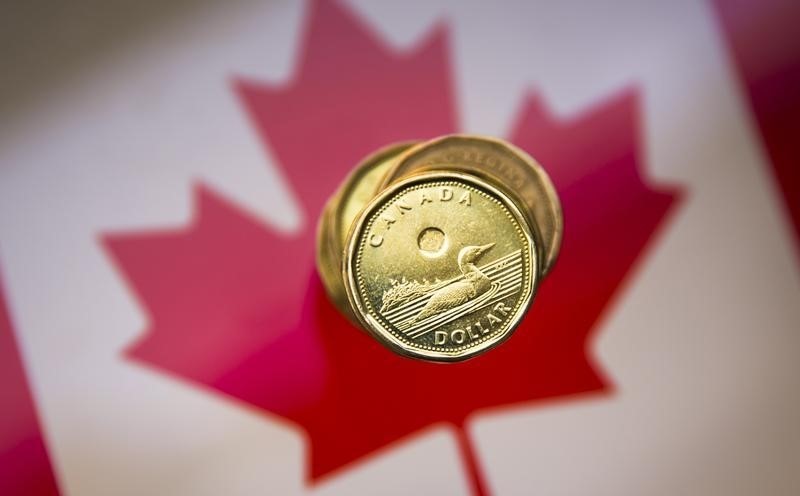By Ketki Saxena
Investing.com — The Canadian Dollar continued to weaken against its US counterpart today, rising treasury yields, rising risk aversion, and hotter-than-expected retail sales boosted the safe-haven greenback.
However, the continued to see some gains against most major currencies, even as a dip in crude and metal prices following weak Chinese data pressured the commodity-linked loonie.
Low-impact inflation data from Canada also helped assuage some fears after yesterday’s hotter-than-expected read.
Canada’s fell 4.9% in December, well below the forecast for a 1.6% decline.
Canadian also declined in December, falling 1.5% vs. the forecast of -0.7%.
US data meanwhile came in hotter than expected, with retail sales up 0.6% in December, vs market forecasts for a 0.4% gain.
With the US domestic economy showing repeated signs of strength, traders have been paring back bets for early rate cuts from the Fed, boosting the US Dollar across the board.
Analysts at Scotiabank (TSX:) believe that “If markets continue to reprice March Fed risks, the USD is likely to remain well-supported.”
ING analysts concur that “Incoming US data should continue to be a key driver for CAD in the crosses, given its high correlation with US economic sentiment.”
Up next for the pair, all eyes will be on the Bank of Canada’s meeting next week.
Analysts at ING note that the “residual resilience in US data may be offset by a more dovish BoC… we see a high chance that it will follow the Fed in signaling rate cuts by year-end, thus dropping its tightening bias.”
However, they “Remain unexcited about CAD’s prospects”.
On a technical level for the pair, Scotiabank analysts note that “Solidly bullish intraday and daily trend strength signals suggest the USD rebound, signaled by bullish price action around the turn of the year, has further to run still”
“Above 1.3540/1.3550, USD gains are liable to run on to the low/mid-1.36 range.”
Read the full article here












